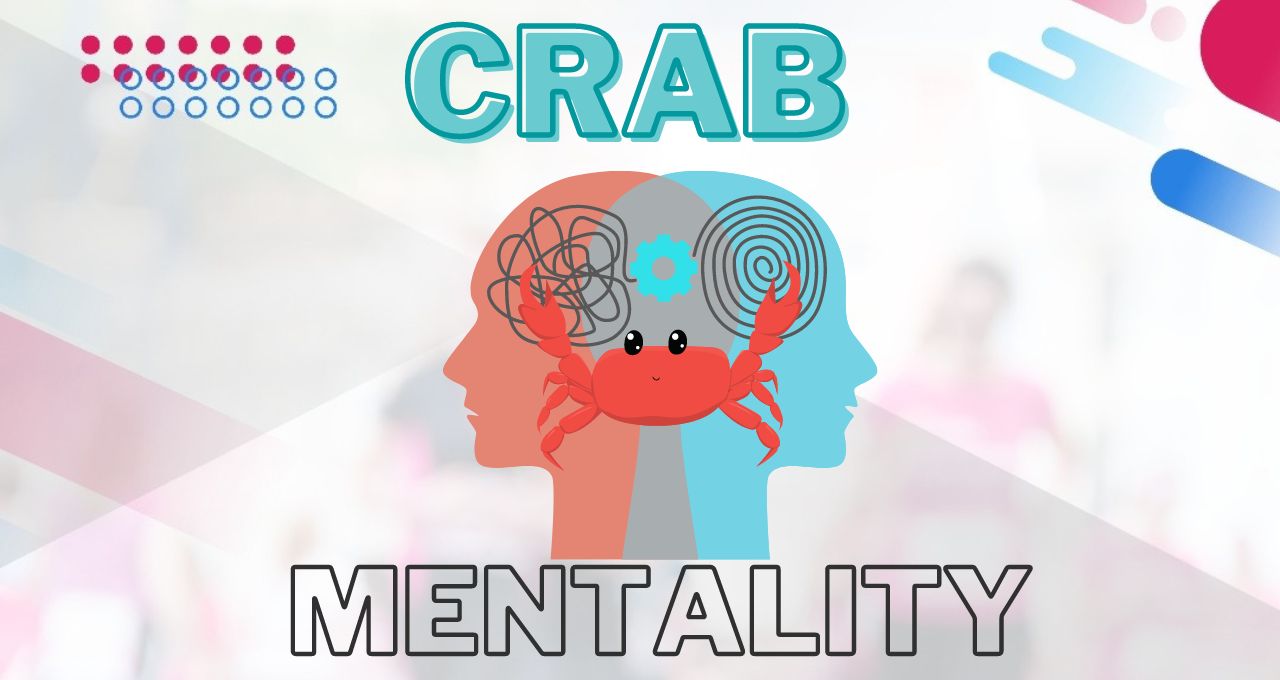Your cart is currently empty!

The Impact of Filipino Crab Mentality on the Running Community
/
The Impact of Filipino Crab Mentality on the Running Community
Crab mentality, a term commonly used in the Philippines, describes a negative mindset wherein individuals try to pull down anyone achieving success or making progress. This behavior, akin to crabs pulling each other down in a bucket, prevents anyone from escaping and is deeply rooted in various aspects of Filipino society, including the running community. While the running culture in the Philippines is growing, crab mentality often hinders its full potential. This article delves into how this mindset affects the running community and what can be done to foster a more supportive environment.

Understanding Crab Mentality
Crab mentality is characterized by envy, rivalry, and the reluctance to see others succeed. It manifests in various ways, such as spreading rumors, discouraging remarks, and even outright sabotage. In the context of the running community, it can be seen when runners criticize others’ achievements, belittle their efforts, or refuse to support fellow athletes. This behavior not only demoralizes individuals but also stifles the overall growth of the community.
The Running Community in the Philippines
Running has become increasingly popular in the Philippines over the past decade. With the rise of local races, virtual events, and international marathons, more Filipinos are embracing the sport for fitness, health, and camaraderie. However, despite its growing popularity, the running community is not immune to the effects of crab mentality.
Manifestations of Crab Mentality in Running
- Disparagement of Achievements: One of the most common manifestations of crab mentality in the running community is the belittling of others’ accomplishments. When a runner completes a marathon or sets a personal record, instead of receiving congratulations, they might hear comments downplaying their success or attributing it to luck rather than hard work and dedication.
- Discouragement and Negativity: New runners often face discouragement from more experienced ones. Instead of offering guidance and encouragement, some seasoned runners might make negative remarks about beginners’ capabilities or prospects, dissuading them from pursuing their goals.
- Sabotage and Rivalry: In competitive settings, crab mentality can lead to sabotage. Some runners might go to great lengths to ensure that their peers do not perform better, such as giving misleading advice or withholding valuable information about training and race strategies.

The Consequences
The prevalence of crab mentality in the running community has several adverse effects. Firstly, it creates a toxic environment where runners feel unsupported and undervalued. This negativity can lead to decreased motivation, burnout, and even withdrawal from the sport. Additionally, it hinders the collective growth of the community, as the focus shifts from mutual support and improvement to petty rivalries and one-upmanship.
Fostering a Supportive Community
To combat crab mentality and build a more positive and supportive running community, several steps can be taken:
- Promote Positivity and Encouragement: Celebrating each other’s successes, regardless of how big or small, can foster a more supportive environment. Runners should make a conscious effort to congratulate their peers, offer words of encouragement, and provide constructive feedback.
- Education and Awareness: Raising awareness about the detrimental effects of crab mentality is crucial. Community leaders, race organizers, and seasoned runners can educate others about the importance of support, camaraderie, and collective growth. Workshops, seminars, and online discussions can be effective platforms for this purpose.
- Mentorship Programs: Establishing mentorship programs where experienced runners guide and support newcomers can help bridge the gap and reduce negativity. Mentors can offer training tips, share experiences, and provide moral support, creating a nurturing environment for growth and development.
- Building Stronger Networks: Encouraging collaboration and networking among runners can create a sense of belonging and mutual support. Organizing group runs, social events, and community projects can strengthen bonds and reduce competitive tensions.
- Leading by Example: Influential figures within the running community, such as coaches, elite athletes, and organizers, can lead by example. Demonstrating positive behavior, humility, and a supportive attitude can inspire others to follow suit and create a ripple effect of change.
Conclusion
Crab mentality is a deeply ingrained issue in Filipino society that also affects the running community. By understanding its manifestations and consequences, and taking proactive steps to foster a more supportive environment, the running community can overcome this challenge. Promoting positivity, education, mentorship, and strong networks are key strategies to build a thriving and encouraging running culture. Ultimately, a supportive community not only benefits individual runners but also contributes to the collective success and growth of the sport in the Philippines.
